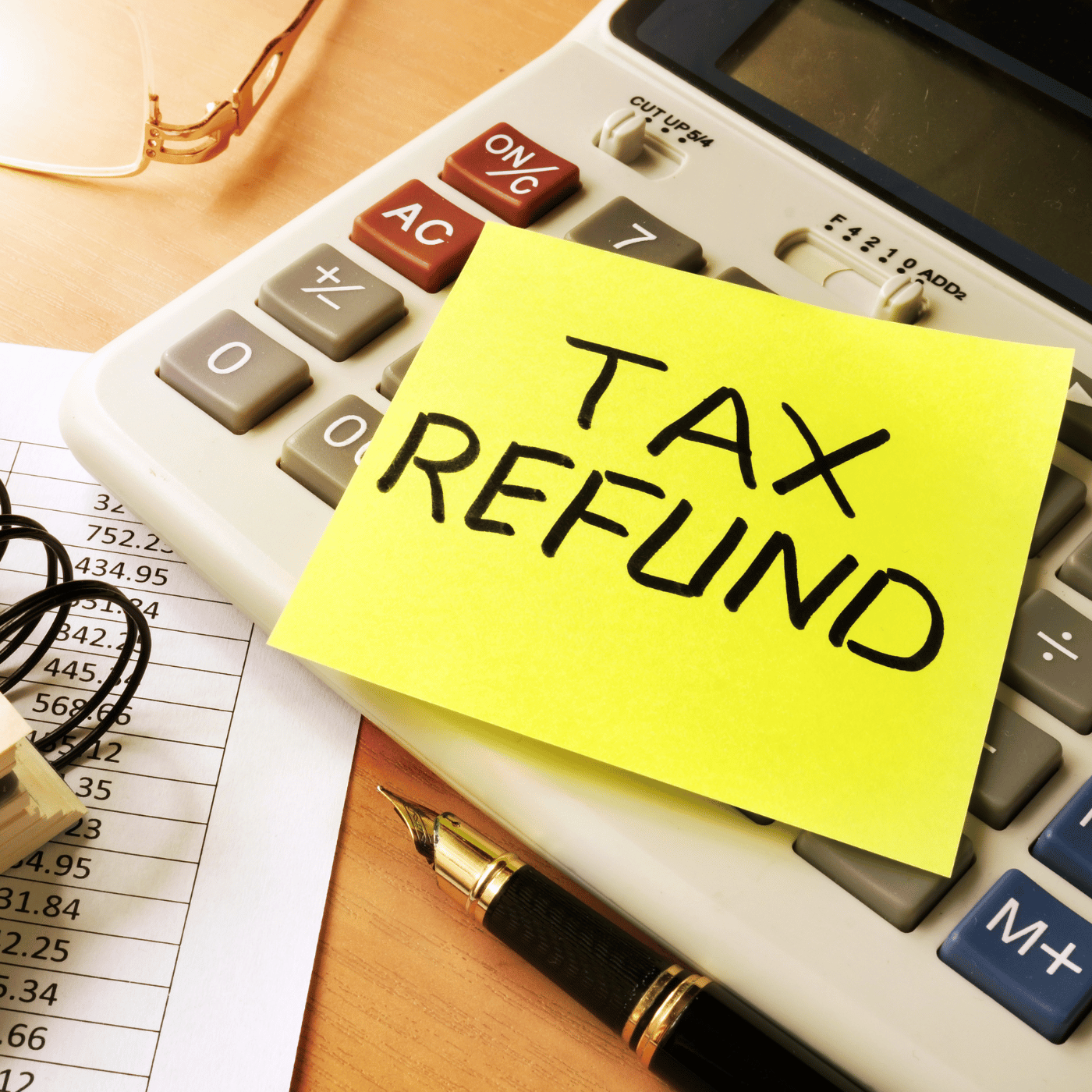Receiving a tax refund can be an exciting event. After months of diligently filing your taxes, the reward of a refund can feel like a financial windfall. However, it’s crucial to approach this situation with a well-thought-out plan to maximize the benefits of your refund. Many individuals make common mistakes when handling their tax refunds, which can lead to missed opportunities or financial setbacks. In this article, we will explore these pitfalls and guide how to avoid them, ensuring that you make the most of your tax refund. We’ll dive into strategies for managing your refund wisely, avoiding financial blunders, and setting yourself up for long-term success.
Understanding the Tax Refund Process
Before delving into common mistakes, it’s essential to understand the tax refund process. A tax refund occurs when the amount of tax you’ve paid throughout the year exceeds your actual tax liability. Essentially, it’s your money being returned to you. While it may seem like an unexpected bonus, it’s important to remember that a tax refund is not free money—it’s a return of your own overpaid funds. This understanding can guide your decisions on how to handle it responsibly.
Mistake #1: Treating the Refund as “Free Money”
One of the biggest mistakes people make with their tax refunds is treating them as free money. This mindset often leads to impulsive spending on non-essential items. Instead of viewing your refund as an opportunity for splurging, consider it as a tool for improving your financial situation. Prioritizing financial stability and long-term goals can provide far greater benefits than short-lived purchases.
Mistake #2: Neglecting Debt Repayment
Using your tax refund to pay down high-interest debt is one of the smartest financial moves you can make. High-interest debts, such as credit card balances, can quickly spiral out of control if left unaddressed. By using your refund to pay down these debts, you not only reduce your financial burden but also save money on interest payments in the long run. Neglecting to address debt with your refund can result in continued financial stress.
Mistake #3: Failing to Build an Emergency Fund
An emergency fund is a crucial component of financial security. It provides a safety net in case of unexpected expenses, such as medical emergencies or car repairs. Unfortunately, many individuals overlook the importance of building an emergency fund and instead use their tax refund for immediate gratification. By allocating a portion of your refund to an emergency fund, you can protect yourself from future financial hardships.
Mistake #4: Ignoring Investment Opportunities
Investing your tax refund can yield substantial returns over time. Whether it’s contributing to a retirement account, purchasing stocks, or investing in a mutual fund, putting your refund to work in the market can help grow your wealth. Ignoring these opportunities in favor of short-term spending can result in missed chances for financial growth. Educate yourself on investment options and consider consulting a financial advisor to make informed decisions.
Mistake #5: Overlooking Tax-Advantaged Accounts
Tax-advantaged accounts, such as IRAs and HSAs, offer unique benefits that can enhance your financial well-being. Contributing to these accounts with your tax refund can provide tax savings and improve your financial future. Overlooking these options can mean missing out on valuable tax benefits and potential growth. Evaluate your eligibility for these accounts and consider making contributions to maximize your refund’s impact.
Mistake #6: Lack of Financial Planning
Without a solid financial plan, your tax refund may be spent haphazardly. Taking the time to create a financial plan can help you allocate your refund strategically, addressing both short-term needs and long-term goals. A well-crafted plan considers debt repayment, savings, investments, and discretionary spending, ensuring a balanced approach to financial management. Seek guidance from financial professionals if needed to develop a comprehensive plan.
Developing a Strategic Approach to Your Tax Refund
To avoid these common mistakes, it’s important to develop a strategic approach to managing your tax refund. Start by assessing your current financial situation and identifying areas that require attention. Prioritize debt repayment, savings, and investments based on your unique circumstances. Set clear financial goals and allocate your refund accordingly, keeping in mind both immediate needs and future aspirations.
Creating a Realistic Budget
Creating a realistic budget is a key step in effectively managing your tax refund. A budget provides a roadmap for allocating your refund in a way that aligns with your financial goals. Consider your income, expenses, and financial obligations to create a budget that balances immediate needs with long-term objectives. A budget can help prevent overspending and ensure that your refund is used wisely to improve your financial situation.
Seeking Professional Financial Advice
If you’re unsure how to best utilize your tax refund, seeking professional financial advice can be invaluable. Financial advisors can provide personalized guidance based on your unique financial situation, helping you make informed decisions. They can assist in creating a financial plan, exploring investment opportunities, and optimizing tax strategies. While professional advice may come at a cost, the long-term benefits often outweigh the initial investment.
Evaluating Long-Term Financial Goals
When managing your tax refund, it’s important to consider your long-term financial goals. Whether it’s saving for retirement, purchasing a home, or funding education, aligning your refund with these goals can provide significant benefits. Evaluate your financial aspirations and consider how your refund can contribute to achieving them. By taking a long-term perspective, you can make decisions that enhance your overall financial well-being.
Using Refunds to Improve Financial Literacy
Finally, consider using a portion of your tax refund to improve your financial literacy. Investing in financial education can empower you to make informed decisions and avoid costly mistakes. Attend workshops, read books, or take courses on personal finance to enhance your understanding of money management. Improved financial literacy can have a lasting impact on your ability to navigate financial challenges and achieve financial success.
Conclusion: Maximizing Your Tax Refund
Receiving a tax refund is a valuable opportunity to improve your financial situation. By avoiding common mistakes and adopting a strategic approach, you can maximize the benefits of your refund. Prioritize debt repayment, build an emergency fund, explore investment opportunities, and contribute to tax-advantaged accounts. Create a realistic budget, seek professional advice, and align your refund with long-term financial goals. Additionally, consider investing in financial literacy to enhance your understanding of money management. With careful planning and thoughtful decision-making, your tax refund can serve as a powerful tool for achieving financial stability and success.






